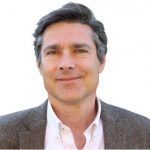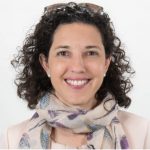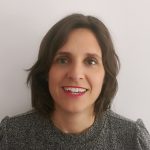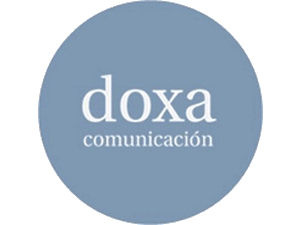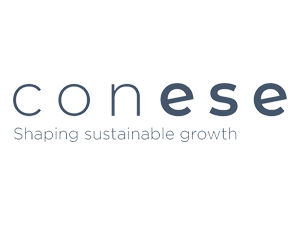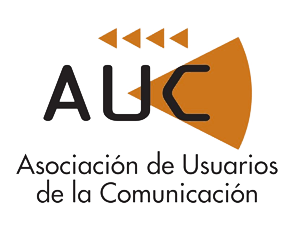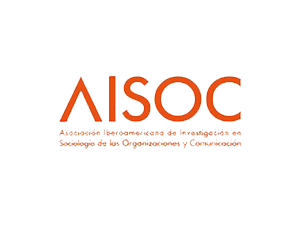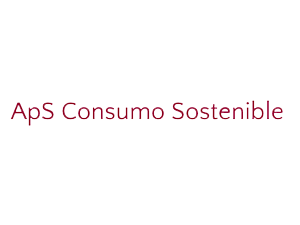A pesar de que el anglicismo fake news ha terminado por imponerse como un tecnicismo para designar un tipo específico de mensaje engañoso o falso, hay que reconocer que el debate epistemológico, académico, político y social alrededor de su uso ha resultado muy productivo para ordenar el extenso y problemático ámbito de los desórdenes informativos.
Según las conclusiones del high-level group of experts publicadas en 2018 por la Comisión Europea [A multi-dimensional approach to disinformation] la expresión “noticia falsa” es utilizada recurrentemente por actores políticos con fines espurios, para desacreditar a los periodistas y a la prensa cuyas informaciones les resultan “desagradables”.
Por lo tanto, no es una expresión inocente, sino performativa, que coloca la desinformación en el terreno de juego del periodismo cuando, en realidad, la propagación de los bulos o fake news se produce en la esfera anónima, desregularizada y opaca de las redes sociales.
Esto no quiere decir que el periodismo no se vea concernido en la batalla contra la desinformación, sino todo lo contrario: en la medida en que las redes sigan siendo un foco de infección informativa; en tanto que las compañías tecnológicas continúen sin establecer medidas eficaces de contención de las fake news; mientras los ciudadanos se sientan cada vez más amenazados, vulnerables e incapaces de distinguir qué es verdad y qué es mentira en Internet, una nueva edad del oro del periodismo está asegurada, pues los medios terminarán por convertirse en la única fuente de información confiable.
Sin embargo, mientras llega ese momento, queda mucho trabajo por hacer. Las instituciones públicas y privadas están alentando numerosas iniciativas de alfabetización mediática, pues si alguna certeza existe sobre las fake news es que no van a desaparecer, y que solo una ciudadanía adulta, instruida y competente podrá limitar sus perniciosos efectos.
Para avanzar en el conocimiento de los desórdenes informativos, se convoca el panel titulado “Desinformación y democracia. Daños colaterales de las fake news”. Se trata de propiciar un espacio de reflexión, intercambio de ideas y de resultados científicos alrededor de uno de los fenómenos que con mayor virulencia está amenazando la convivencia pacífica en las naciones occidentales.
Sobre estos presupuestos se convoca este panel que girará alrededor de los siguientes -aunque no exclusivos- ejes temáticos:
Ejes Temáticos / Últimos hallazgos sobre la propagación de fake news: ¿quién dice qué, por qué canal y con qué efectos? / De qué hablamos cuándo hablamos de desórdenes informativos: tipologías, formatos, temáticas / El fact-checking y la verificación digital / Periodismo y fake news: perfiles profesionales emergentes, nuevas rutinas laborales, transformación de las redacciones tradicionales / Problemas normativos y deontológicos para combatir la desinformación / Tecnología y desinformación. ¿Qué están haciendo las plataformas? / Recursos tecnológicos para desenmascarar a la mentira. El papel de la IA / Historia de la desinformación / Desinformación y calidad democrática / Política y populismo / Discursos del odio / Opinión pública y epistemologíaLa sociedad de la posverdad / Teorías de la conspiración y otros relatos precientíficos / Psicología social y propagación de fake news
Keywords / Desórdenes informativos / fake news / fact-checking / verificación digital / posverdad / populismo / tecnología / discursos del odio
Disinformation and democracy. Collateral damage caused by fake news
Despite the fact that the Anglicism fake news has been imposed as a technical term to designate a specific type of misleading or false message, one must acknowledge the fact that the epistemological, academic, political and social debate surrounding its use has been very productive in sorting out the extensive, problematic field of information disorders.
According to the conclusions set forth by a high-level group of experts, published in 2018 by the European Commission [A multi-dimensional approach to disinformation], the expression “fake news” is consistently used by politicians for spurious reasons to discredit journalists and the press, whose information they find “unpleasant”.
As such, it is not a harmless expression, but instead is performative, which places disinformation on the journalistic playing field, while the propagation of hoaxes and fake news actually takes place in the anonymous, unregulated, opaque realm of social networks.
This is not to say that journalism is not involved in the fight against disinformation. In fact, it is quite the opposite. If the networks continue to be a source of infected information, and if technology companies continue to fail in establishing effective measures to restrain fake news, and going even further, if citizens feel increasingly threatened, vulnerable and unable to distinguish between what is true and what is a lie on the Internet, then a new golden age of journalism will be assured, as the media will eventually become the only reliable source of information.
However, until that moment arrives, there is still a lot of work to be done. Both public and private institutions are encouraging numerous media literacy initiatives, as there is no doubt that fake news is not going to disappear, and its pernicious effects can only be restrained by citizens who are mature, educated, and competent.
In order to increase the body of knowledge related to information disorders, the panel entitled “Disinformation and democracy– collateral damage caused by fake news”, has been convened. Its aim is to provide a space for reflecting, exchanging ideas, and sharing the results of scientific research related to one of the most viciously threatening phenomenon that is endangering the peaceful coexistence among Western nations.
Based on these suppositions, the panel will focus on the following thematic areas, though not exclusively:
Core topics / The latest findings on the spread of fake news: who says what, through what channel, and with what effects? / What do we mean by the term information disorder? Typologies, formats, and themes. / Fact-checking and digital verification. / Journalism and fake news: emerging professional profiles, new work routines, and transformation in traditional newsrooms. / Regulatory and deontological problems in the fight against disinformation. / Technology and disinformation: What are the platforms doing? / Technological resources used to expose lies. The role of AI. / The history of disinformation. / Disinformation and democratic standards. / Politics and populism. / Hate speech. / Public opinion and epistemology. / The post-truth society. / Conspiracy theories and other non-scientific narratives. / Social psychology and the spread of fake news.
Keywords / Information disorder / fake news / fact-checking / digital verification / post-truth / populism / technology / hate speech.


